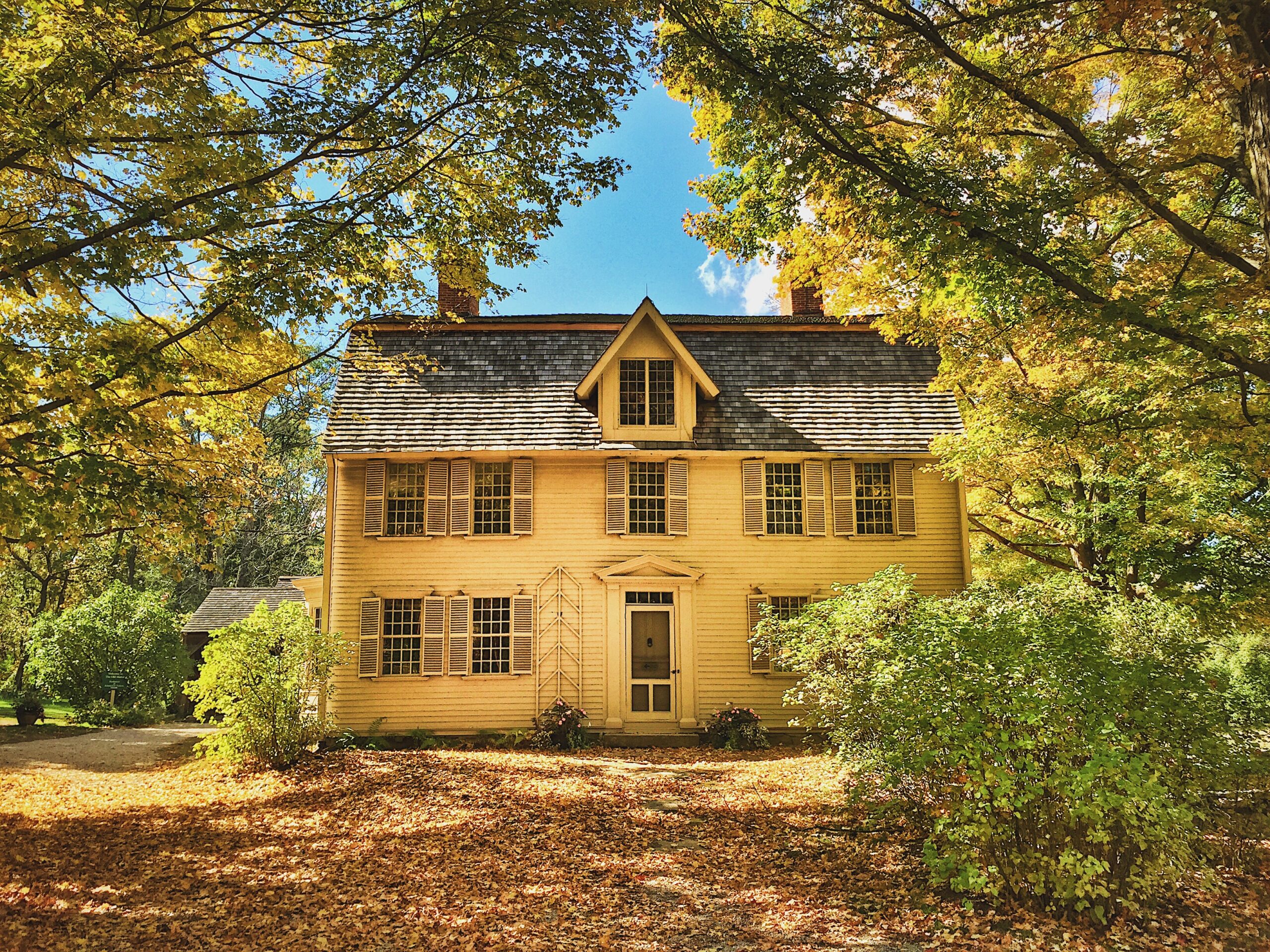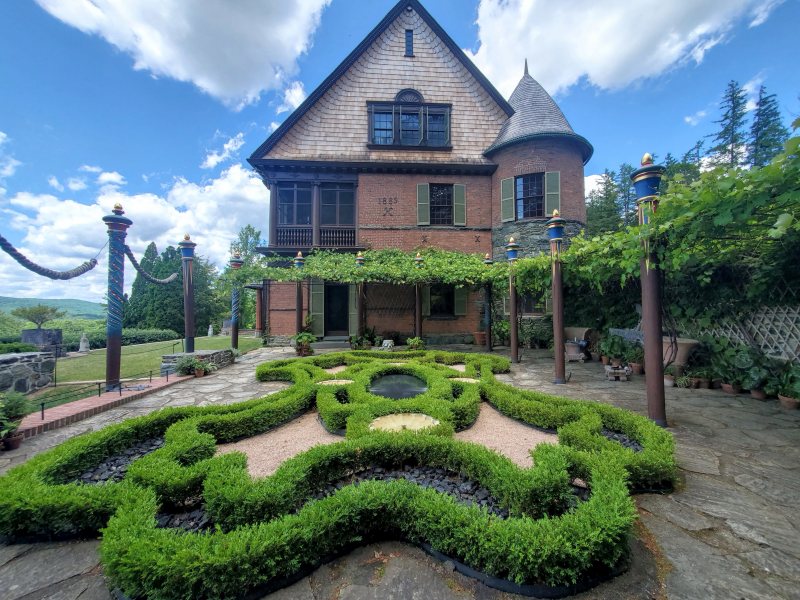
Of the 351 cities and towns in the Commonwealth of Massachusetts, 177 have adopted the Community Preservation Act (CPA)—that’s more than half. First signed into state law in 2000, CPA raises funds to preserve historic sites, create affordable housing, conserve open space, and develop outdoor recreational facilities.
This November 3rd, registered voters in nine more communities will decide whether to adopt CPA on their local ballots.
CPA represents a unique partnership between the state and local communities, allowing cities and towns to “opt-in,” and create their own local Community Preservation Fund, powered by a local property tax surcharge of 3% or less. Once established, state law dedicates the use of this local fund to three purposes: (1) open space and outdoor recreation, (2) community housing, and (3) historic preservation.
The local fund is met by an annual state match, from the Community Preservation Trust. State funds are derived from recording fees at the registries of deeds throughout the state.
In Stockbridge, #CommunityPreservationAct funds will allow descendants of the town’s original Native American settlers to conduct archeological surveys at the 1739 Meetinghouse site & the site of a 1783 Ox Roast feast along the Housatonic River.https://t.co/AwYkP0m4m6
— Community Preservation Coalition (@CPA_Coalition) October 8, 2020
To date, over $2.35 billion in community preservation funding has been raised through CPA on 12,000 projects, protecting local landmarks and historic buildings, creating affordable housing, and preserving over 30,000 acres of open space.
CPA has helped fund critical projects at many Trustees’ properties, including Turkey Hill in Cohasset, The Old Manse in Concord, and Naumkeag in Stockbridge.


This November 3rd, registered voters in Framingham, Franklin, Greenfield, Hopedale, Lancaster, Lee, Milton, Shrewsbury, and Whitman will decide whether to adopt a CPA local property tax surcharge ranging from 1% to 3%. Several of these communities will include exemptions from the surcharge, including for low income homeowners. If passed, each community would raise an annual sum of approximately:
These amounts do not include the annual state match, which ranges from 20 – 30% every year. Costs to the average single-family homeowner would range from approximately $33/year in Lee to approximately $105/year in Franklin.
“The Trustees is an enthusiastic supporter of this local program, and we know many of our Members and friends join us in being concerned about land conservation and historic preservation,” says Linda Orel, Trustees Director of Policy. “CPA is an effective tool to support quality of life in communities across the Commonwealth, and we encourage you to vote YES and adopt the Community Preservation Act on your local ballot on November 3, 2020.”